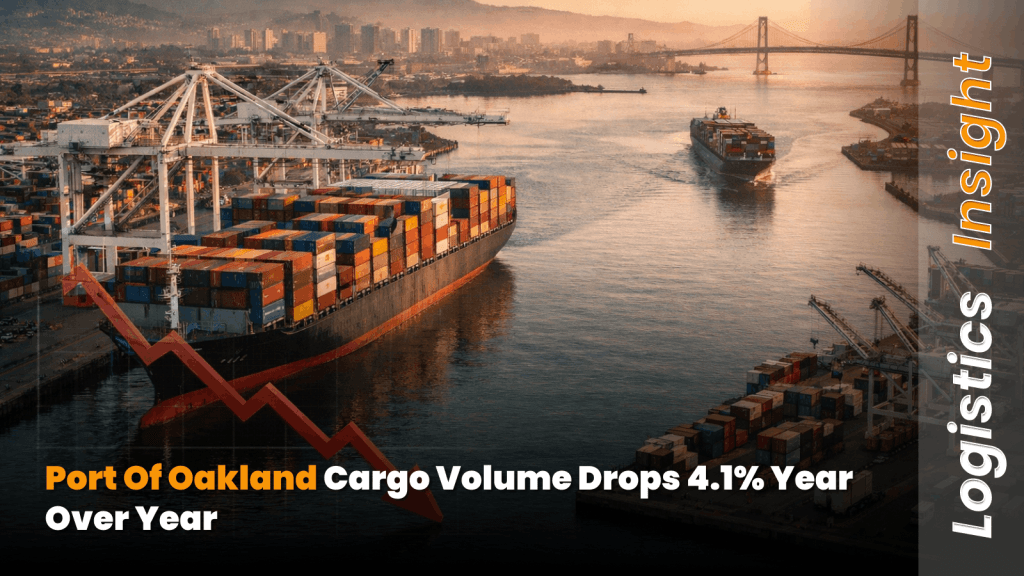
USPS Faces Backlash After Attempting to Ban Immigrant Truck Drivers
The U.S. Department of Transportation (DOT) recently introduced an emergency rule that limits the use of non-domiciled Commercial Driver’s Licenses (CDLs), a move that immediately created ripples across the U.S. trucking and logistics industries. Announced by DOT Secretary Sean P. Duffy and issued by the Federal Motor Carrier Safety Administration (FMCSA) on September 29, 2025, the rule aims to address misuse in the issuance of these licenses to immigrant drivers.
Under this rule, states must stop issuing new non-domiciled CDLs immediately. In addition, all existing licenses will be phased out within two years.
What Are Non-Domiciled CDLs?
Non-domiciled CDLs were first introduced in 2017 to help drivers living in one state obtain a commercial license from another. Over time, however, the system expanded to include foreign drivers — in some cases, those without valid work permits.
A DOT audit later discovered that around 200,000 such licenses had been issued nationwide, and more than 25% in California were improperly approved.
In March 2019, FMCSA issued guidance stating that foreign drivers with valid work permits, unexpired passports, and CBP Arrival/Departure Records could qualify for non-domiciled CDLs. However, many states failed to verify documents or align expiration dates, raising serious safety and fraud concerns.
The rise in non-domiciled licenses also aligned with a rapid expansion in trucking capacity, which many experts say contributed to the prolonged freight recession by flooding the market with too many drivers.
USPS Policy and Sudden Reversal
Recently, the U.S. Postal Service (USPS) adopted a policy banning contractors from using drivers with non-domiciled CDLs, in an effort to align with new federal transportation and immigration guidelines. USPS facilities were instructed not to load trailers hauled by these drivers, as part of a push to strengthen safety measures across its carrier and broker network.
However, the results were immediate and disruptive. Canceled routes, missed trips, and delayed deliveries created major issues throughout USPS operations, which heavily depend on these drivers for local and cross-country routes.
Just a few days later, USPS reversed the policy, admitting that the operational and financial damage was too great to continue with an abrupt ban. This reversal highlighted how essential non-domiciled drivers have become to the reliability of U.S. mail transportation.
USPS Leadership Explains the Reversal
In a call with suppliers, Pete Routsolias, USPS Senior Vice President of Logistics, explained the decision to lift the restriction:
“We didn’t understand the magnitude of how many people were using non-domiciled CDLs, and quite honestly, the amount of omits was astronomical. And right now, I am not willing to impact service that bad.”
He added:
“What we’re announcing is, as of right now, you can go back to using non-domiciled CDL drivers,”
while emphasizing that other requirements, such as English proficiency and two-driver rules, would remain in place.
Initially, USPS planned to delay the ban until January 1, but due to pushback from suppliers, it now has no confirmed implementation date.
Industry Reaction and Market Impact
The sudden rise in non-domiciled CDLs among immigrant drivers has surprised many long-time trucking executives. Since FMCSA first allowed foreign drivers to apply for these licenses in 2019, over 200,000 have been issued. During that same period, more than 310,000 trucks entered the U.S. market — creating a severe oversupply that fueled what’s now known as the Great Freight Recession.
This downturn, which began in March 2022, continues to challenge carriers and brokers nationwide. Analysts warn that removing non-domiciled CDL holders from the industry could immediately eliminate 5% or more of total truckload capacity, intensifying future shipping delays and tightening supply.
The Administration’s English Language Proficiency (ELP) rule could also further strain capacity. Drivers who cannot speak, read, or understand English risk being disqualified. One insurance executive from a major agency noted that at least 10% of drivers could fail an inspection if tested for English proficiency.
With both the non-domiciled CDL phase-out and ELP rule taking effect, experts believe a driver shortage may hit sooner than expected — reversing years of market oversupply and reshaping U.S. freight logistics once again.
Key Takeaway
USPS’s short-lived ban on immigrant truck drivers underscored the nation’s dependence on them for stable freight and mail delivery. While federal efforts to improve safety and compliance are well-intentioned, balancing regulation with industry realities remains a major challenge for both policymakers and logistics operators.
Source: Information referenced from FreightWaves




Comments are closed